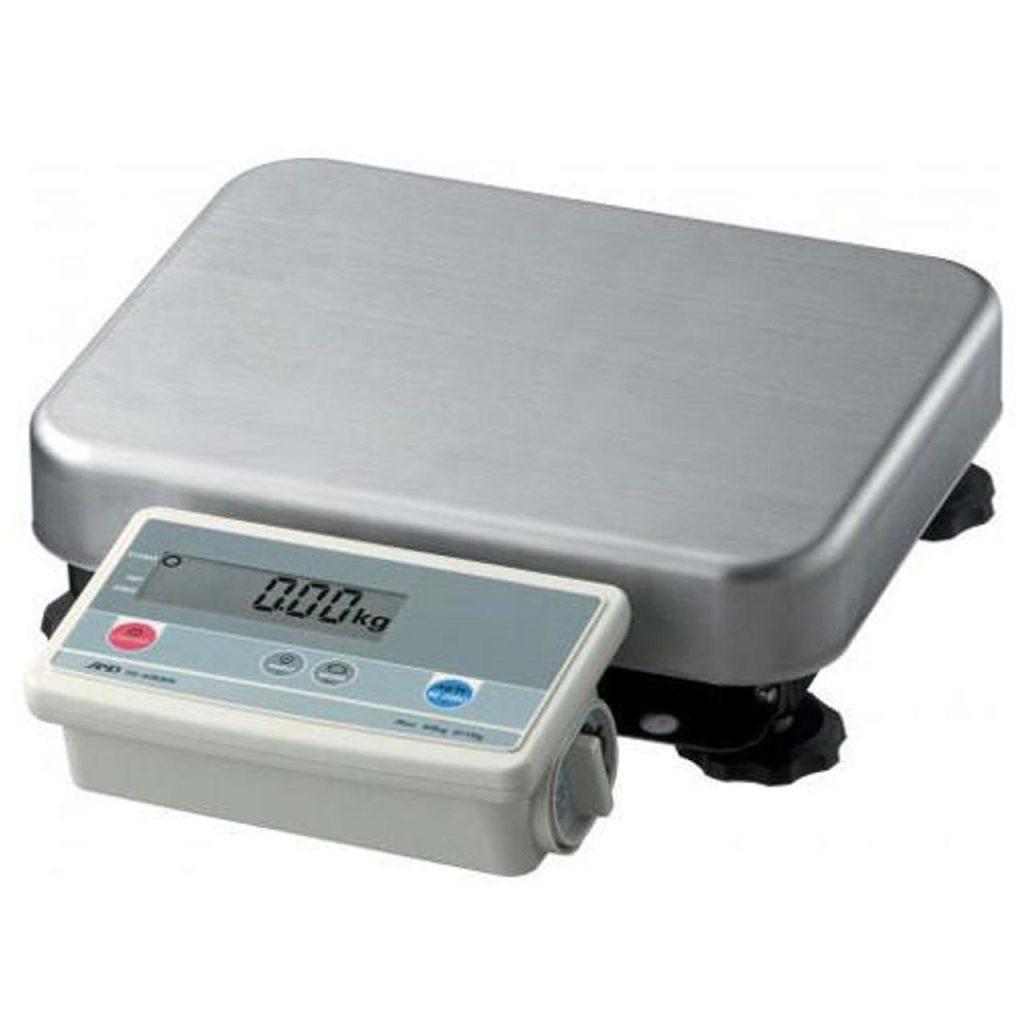1. Introduction
In the world of commerce, fairness and accuracy are paramount. Legal metrology and scale certification are crucial components that ensure just that. In this guide, we’ll explore the realm of legal metrology, with a particular focus on bench-scale testing. We’ll unravel the intricacies of compliance and the implications that businesses face when these standards aren’t met.
Understanding Legal Metrology
What is Legal Metrology?
Legal metrology is a branch of metrology that deals with the legal and regulatory aspects of measurements and measuring instruments used in trade and commerce. It encompasses various aspects, including measurement standards, measuring instruments, and their accuracy. Legal metrology ensures that consumers receive fair and accurate measurements when purchasing goods and services.
Importance of Legal Metrology
Legal metrology plays a pivotal role in maintaining a level playing field in the market. It ensures that both consumers and businesses can trust the accuracy of measurements, such as the weight of products, length, volume, and quantity. Without legal metrology, there would be room for fraudulent practices, leading to unfair competition and consumer exploitation.
Scale Certification: Ensuring Accuracy
Scale certification is a critical component of legal metrology. It involves the verification and certification of weighing scales and measuring instruments used in commercial transactions. Certified scales are a guarantee of accuracy, providing confidence to both buyers and sellers.
Scale certification typically involves a thorough inspection and testing process to ensure that the scale meets established standards. This process helps to eliminate discrepancies in weight measurements, which could have significant financial implications for businesses and affect consumer trust.
Bench-Scale Testing: A Closer Look
Bench-Scale Testing Explained
Bench-scale testing is a specific type of scale certification process that focuses on small-scale weighing instruments commonly used in laboratories, pharmacies, and small businesses. These scales are often used to measure chemicals, ingredients, or products with precision.
The Process of Bench-Scale Testing
The process of bench-scale testing involves several steps:
Calibration: The scale is calibrated to ensure it measures accurately. This involves adjusting the scale to match known standard weights.
Testing: The scale is subjected to various tests to check its performance under different conditions. This includes checking for accuracy, repeatability, and linearity.
Documentation: Detailed records of the calibration and testing process are maintained. These records are essential for compliance and traceability.
Certification: If the scale passes all tests and meets the required standards, it is certified for use in commercial transactions.
Compliance: The Legal Aspect
Compliance with legal metrology standards, including scale certification, is a legal requirement in many jurisdictions. Businesses that use weighing scales or measuring instruments for trade are obligated to adhere to these standards.
Compliance typically involves:
- Regular inspection and verification of measuring instruments.
- Keeping accurate records of inspections and certifications.
- Displaying the certification mark on the scale.
- Adhering to specific labeling requirements for packaged goods.
Failure to comply with these regulations can result in legal consequences, including fines and sanctions.
Implications of Non-Compliance
Non-compliance with legal metrology and scale certification standards can have significant implications for businesses. Some of the key consequences include:
Financial Penalties: Non-compliant businesses may face fines and penalties for using uncertified scales or failing to adhere to measurement standards.
Loss of Trust: Consumers may lose trust in businesses that do not ensure accurate measurements. This can lead to a decline in sales and reputation damage.
Legal Consequences: Legal action can be taken against businesses that consistently fail to comply with metrology regulations.
Market Exclusion: Some markets and industries may exclude businesses that do not meet legal metrology requirements, limiting their opportunities for growth.
Frequently Asked Questions
- What is the role of legal metrology in international trade?
Legal metrology ensures that measurements are standardized and consistent across borders, facilitating fair international trade.
- How often should bench scales be certified?
Bench scales should be certified at regular intervals, typically annually, to ensure ongoing accuracy.
- Are there international standards for legal metrology?
Yes, organizations like the International Organization of Legal Metrology (OIML) develop international standards for legal metrology.
- Can businesses self-certify their scales?
In many jurisdictions, scale certification must be performed by authorized metrology agencies. Self-certification may not be recognized.
Conclusion
Legal metrology and scale certification are fundamental to maintaining fairness and accuracy in trade and commerce. Bench-scale testing, as a subset of this field, ensures the accuracy of small-scale measuring instruments. Compliance with legal metrology standards is not only a legal requirement but also essential for building trust with consumers.
Businesses that neglect compliance may face severe financial and reputational consequences. Therefore, it’s crucial for businesses, including Certified Material Testing Products, to prioritize legal metrology and scale certification to thrive in the competitive marketplace while ensuring fairness for all stakeholders.


